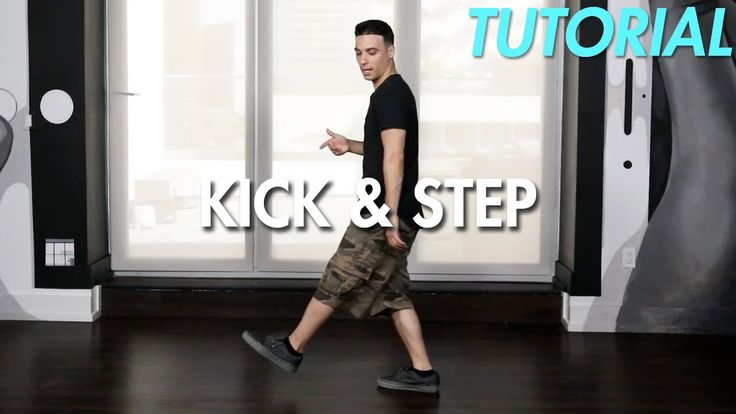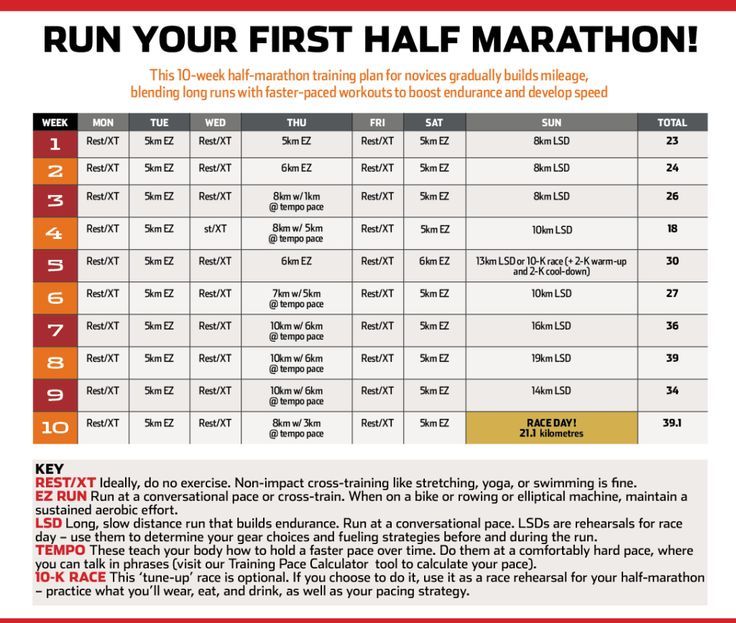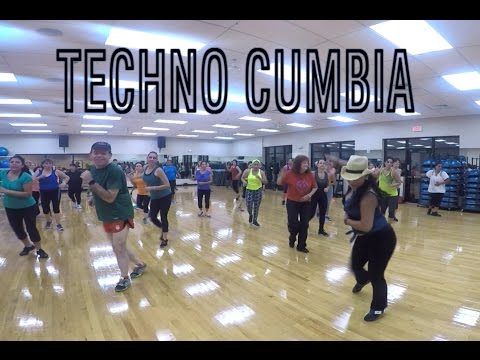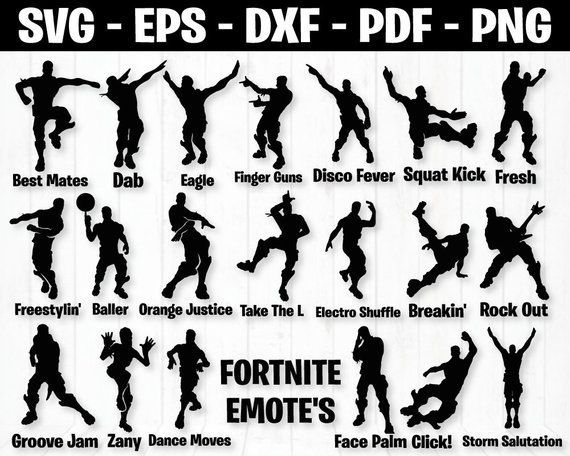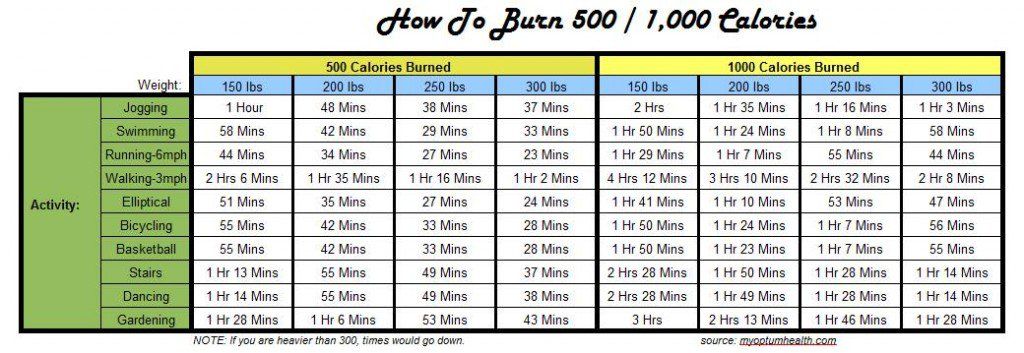How much does a hip hop dancer make
This Is How Much Hip Hop Dancers Make
Hip hop dancers always look like they're having so much fun, but is it a lucrative career- how much do hip hop dancers make? We see them in music videos, live performances, movies, and shows. They work hard to get hired and have to go through rigorous training and auditions to gain success.
Because Hip Hop dancing is such a competitive job market, the wages of Hip Hop Dancers vary. They can make a little more than minimum wage or make up to $30 an hour or more. Based on recent information, the average wage is about $18 an hour.
There is a lot to consider when being hired as a dancer. Read on for more on building a career as a hip hop dancer and how much hip hop dancers make.
via GIPHY
How Much Does A Hip Hop Dancer Make?
Being a Hip Hop Dancer can be a lucrative business if you market yourself right and know how to make connections. Some performers can average about $2,000 a week depending on their contract and what they do as a performer.
Based on what type of performance, your salary and paycheck will vary. Here are the different types of performances that you as a dancer can partake in and what they payout:
| Type Of Performance | Payout |
| Live Performance (Music) | $30 to $80 per show. |
| Other Live Performances | $1,653 a week minimum (based on Actor Equity Association union contract) |
| Music Videos | $200 to $500 a day, depending on rehearsal and hours put in. |
| Theater Performance | Depends on the theater, the show, and the role or hours put in. |
| Film | Depends on the role and hours put in. |
When starting as a hip-hop dancer, you may not get a great paycheck and may even find yourself doing the work for free while you start making connections.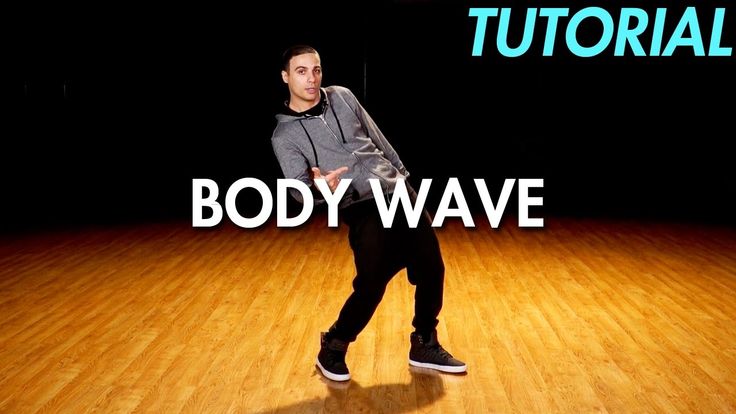 This can be disheartening, but there are ways to improve your marketing and to increase the list of clients on your resume.
This can be disheartening, but there are ways to improve your marketing and to increase the list of clients on your resume.
Making a Career as a Hip Hop Dancer
There are many ways to become a better Hip Hop Dancer. But here are some of the best tips that you can follow to improve your skills:
- Be passionate
- Keep your head up
- Practice
- Give yourself time
- Research
via GIPHY
Be Passionate
If you find yourself not enjoying your work as a dancer, people can see this, especially those with a trained eye for dancers. If you aren't loving what you're doing, you may need to take a step back and find that love again.
It's okay to take a break and reevaluate what brought you to dancing and why you are doing it. You may need some time to rediscover that passion and love once again. Sometimes the rejections and competitiveness of this industry can be disheartening and cause that passion to dwindle.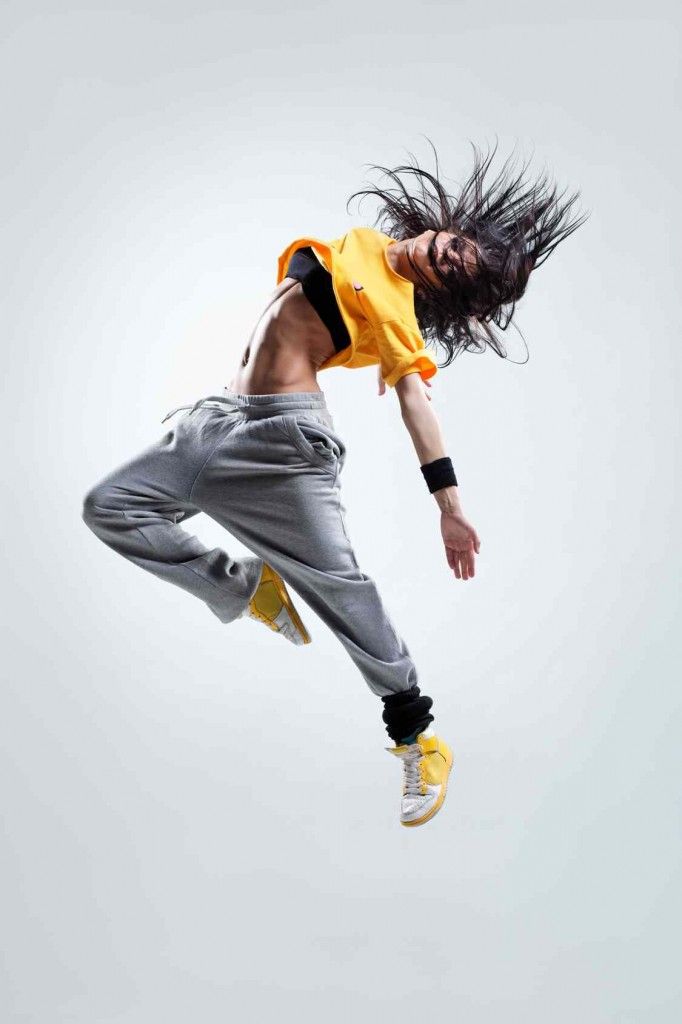
Keep Your Head Up
If this is what you love and are passionate about, don't let the rejections or people tell you to stop. This is a process, and with each rejection, you will learn more and be better. This is what you love, and be proud of it!
Practice
This seems like a given, but practice does make it better. But don't practice so much that you lose that passion for the dance. Find your groove, and learn new skills. This will help you widen your horizons and challenge you. Who knows, you may find yourself incorporating new styles in unique ways.
via GIPHY
Give Yourself Time
Everyone learns at different paces. Don't automatically think you will master a style overnight. Just because one person may have mastered it a little quicker than you doesn't mean you will never get better at it. And when it comes to auditions, play to your strengths.
Research
This is not only important to research those that will be at the auditions but also with other famous dancers. Look those dancers up and learn about their style. Dancing is about finding your voice, and sometimes you need guidance from the big leagues to learn what fits and what doesn't fit for you.
Learning different styles will only expand your opportunities. The more versatile you can make it easier for you to find more job opportunities. It also looks good on the dancing resume that you can dance to different rhythms.
How to Increase Your Pay as a Hip Hop Dancer
To get better jobs or better pay, improving your skills will help you with this. You can show your improvement and see that you have the capabilities to grow as a performer. This shows the producers that you are an asset to the project and take criticism well.
There are so many things to do to help you market yourself. Here are some things you can do:
- Change your outlook
- Be genuine
- Be professional
- Know your clients
via GIPHY
Change Your Outlook
If you aren't good at bragging about yourself, you will need to change your outlook on self-promoting. Don't think of it as bragging about how good you are but why you are the perfect fit for the opportunity.
The more people can see how well you are at dancing, the more likely you will get job offers and job opportunities. Think of it as if you are sharing your resume with the world. When writing a resume, you're not bragging about yourself. You are just promoting the skills you have to show you are right for the part.
If you have unique dance skills or have noticeable connections or friends, use them. Clients and employers are more likely to hire you when they like someone you know or are friends with.
Be Genuine
No one likes when people lie, especially when you are trying to make a partnership or are working with people for long periods. Be your genuine self.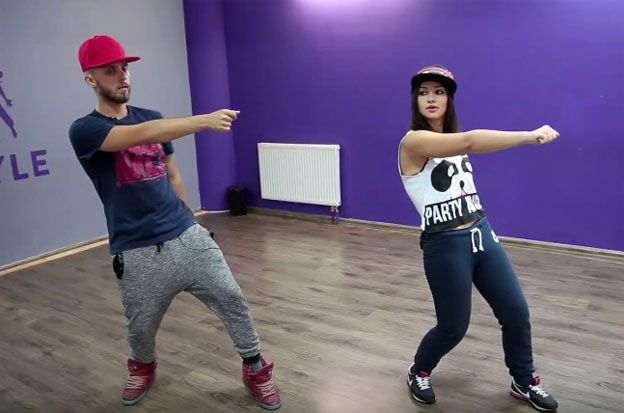 You will make stronger work connections this way.
You will make stronger work connections this way.
Your coworkers and bosses will see when you aren't being genuine or trying to put on a facade. The Hip Hop dancing community can become quite small for you if word gets around that you aren't pleasant to work with or that you might put on a show.
Be Professional
Always be professional. There is a time and place to act like friends or be casual, but you always want to start professional. This shows respect to them, and it will help you start on the right foot.
This also means being professional in other settings besides work and auditions. Your social media and interactions with others can damage your dancing profile. No one wants to hire someone who gets into dramatic and angry arguments on Twitter. Be careful because people are always watching.
Know Your Clients
Knowing your clients or those that will be at auditions judging you can give you an upper hand. If you research your judges, you will understand what they will be focussing on for the audition. You can work on those areas to make sure you are ready for that audition.
You can work on those areas to make sure you are ready for that audition.
If you have similar acquaintances or friends, slip them into the conversation. This will help them remember you when discussing who will make the cut. This goes the same for interesting information.
Provide a little fact about yourself that they will be interested in or connect with. If they love vacationing in Hawaii, you can tell them about how you are from there. This opens a door between you and those that are looking to hire you. People like to work with those they get along with.
These are all great points to consider when you are trying to market yourself. Remember, social media is a wonderful way to get your name out there, and if you can put these tips on your social media, you can find yourself getting a following and increasing your chances of finding more reputable jobs.
Final Thoughts
Being a Hip Hop Dancer is quite a competitive profession, but with great self-promotion and dancing skills, you can find yourself getting higher-paid jobs that put you on the higher end of earnings.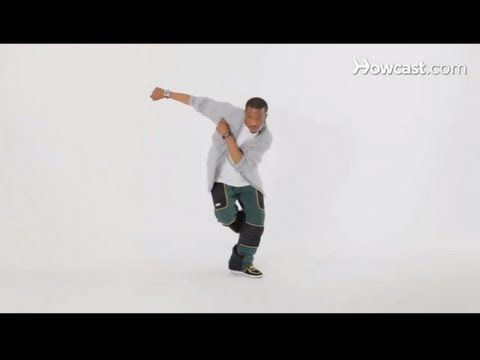 If this is your passion, you might as well make money doing what you love.
If this is your passion, you might as well make money doing what you love.
via GIPHY
Sources
5 Tips To Become A Better Hip Hop Dancer
Average Salary Of A Hip Hop Dancer
Hip Hop Dancer - Salary, How to Become, Job Description & Best Schools
How to Become a
The complete career guide to be a Hip Hop Dancer: salary, job growth, employers, best schools, and education you may need to get started.
Why We Love It
-
4.6%
Job Growth Rate
-
Growing Demand
Job Outlook
-
Creativity Focused
Career Attribute
-
Flexible Hours
Career Attribute
Hip hop dancers perform in competitions, concerts, music videos, shows, and movies.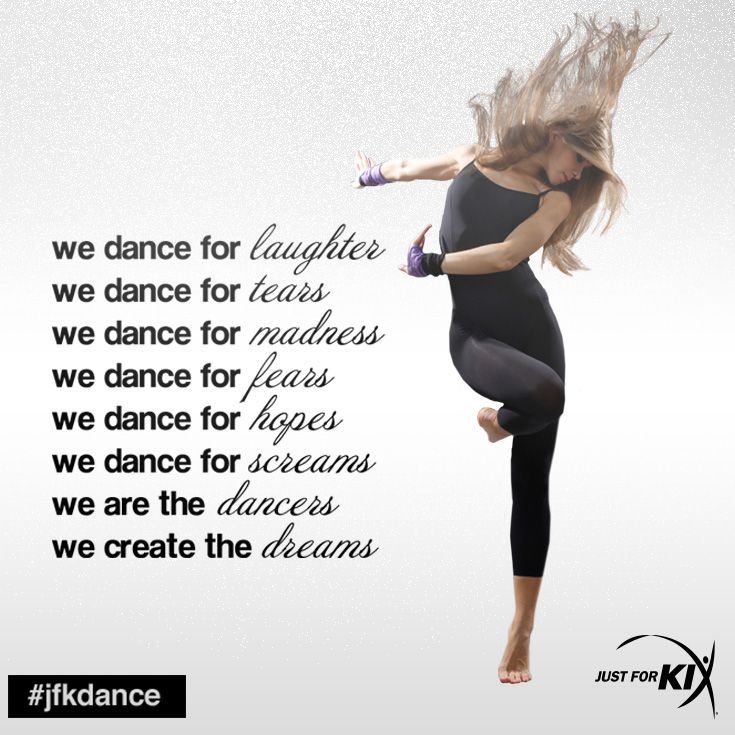 They execute one or more styles that are signature to hip hop dancing—including street styles like breaking, locking, popping, and krumping—or commercial styles that prefer choreography over freestyle dancing.
They execute one or more styles that are signature to hip hop dancing—including street styles like breaking, locking, popping, and krumping—or commercial styles that prefer choreography over freestyle dancing.
Recommended Schools
What is a Hip Hop Dancer?
The following job responsibilities are common for individuals in hip hop dancer roles:
- Execute popular hip hop dancing styles like breaking, locking, popping, and krumping
- Compete in dance competitions on both a large and small scale
- Provide entertainment for an audience by dancing as part of concerts, filmed TV or movie performances, music videos, and other performances
- Practice the art of hip hop dancing and learn choreographed dance moves and routines when necessary
A Day in the Life of a Hip Hop Dancer
While many people enjoy hip hop dancing as a hobby, for fun, or to entertain their friends, some people are able to earn a living working as hip hop dancers. These individuals spend most of their time practicing, improving their craft, and learning new choreography for roles. Many hip hop dancers work full-time hours simply practicing their craft in order to execute flawless performances, and to become more competitive when auditioning for new roles.
These individuals spend most of their time practicing, improving their craft, and learning new choreography for roles. Many hip hop dancers work full-time hours simply practicing their craft in order to execute flawless performances, and to become more competitive when auditioning for new roles.
Beyond practicing—either for professional growth or for secured roles—hip hop dancers also spend a lot of time auditioning. When a role opens up for a hip hop dancer to appear as part of a show or concert series, or to appear in a music video, TV show, or movie, professional hip hop dancers must audition for the role in much the same way as an actor auditions. It’s a competitive field that’s full of exceptional dancers, so hip hop dancers practice frequently to be at the top of their game when auditioning.
After securing roles, hip hop dancers spend a significant amount of time preparing for their performances. The work with other dancers, choreographers, musicians, and other members of the production crew to perfect performances before filming or live demonstrations. They may also be required to participate in promotional events for the productions they’re dancing in.
They may also be required to participate in promotional events for the productions they’re dancing in.
Typical Work Schedule for Hip Hop Dancers
There really is no typical schedule for hip hop dancers. Since most are independent performers, they can work as much or little as they want. Often, hip hop dancers work long hours in preparation for a big show but take time off between jobs to relax. They may be required to perform in evenings and on weekends as well, especially if they’re performing in hip hop concerts.
Typical Employers
Most hip hop dancers are independent agents that seek contract positions by auditioning for musicians or production companies. Additionally, many hip hop dancers eventually move on to teach hip hop dance classes or manage their own dance studios.
Recommended Schools
How To Become a Hip Hop Dancer
Most hip hop dancers begin training at a very young age—either as part of street dancing with friends and family members or in formal classes at a local dance studio.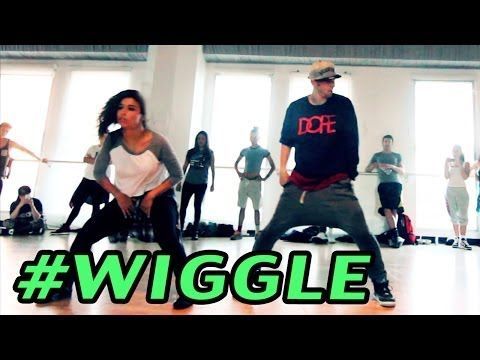 However, in this field, formal training is often less important than talent, and many successful hip hop dancers—especially street dancers—receive no formal training before landing roles in productions.
However, in this field, formal training is often less important than talent, and many successful hip hop dancers—especially street dancers—receive no formal training before landing roles in productions.
While formal education may not be required, many hip hop dancers find that an education in dance can be beneficial. It provides an education in a variety of dance styles, provides useful information on auditioning for roles and finding talent representatives, and teaches you how to pick up choreography quickly. These can prove to be useful talents for career hip hop dancers, so many pursue fine arts or theatrical bachelor’s and master’s degrees with a focus on hip hop dance.
After a career of dancing, many hip hop dancers go on to become dance teachers. Some may own their own dance studios, some may teach individual classes at studios, and some may teach at the college level. For those that want to teach hip hop dancing at the college level later in their careers, both an undergraduate and graduate degree in a dance-related discipline will likely be required.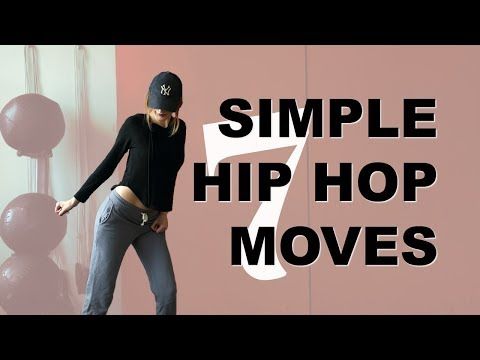
Hip Hop Dancer Salary Data
We’ve provided you the following to learn more about this career. The salary and growth data on this page comes from recently published Bureau of Labor Statistics data while the recommendations and editorial content are based on our research.
National Anual Salary
Low Range
---Average
---High Range
---National Hourly Wage
Low Range
$9/hrAverage
$18/hrHigh Range
$33/hrHow do Hip Hop Dancer salaries stack up to other jobs across the country? Based on the latest jobs data nationwide, Hip Hop Dancer's can make an average annual salary of ---, or $18 per hour. This makes it an Above Average Salary. On the lower end, they can make --- or $9 per hour, perhaps when just starting out or based on the state you live in.
This makes it an Above Average Salary. On the lower end, they can make --- or $9 per hour, perhaps when just starting out or based on the state you live in.
Salary Rankings And Facts
Programs and Degrees
Here are the most common degrees for becoming a Hip Hop Dancer. a is usually recommended and specifically a degree or coursework that prepares you for the particular field, see below.
-
Dance
Highest Education Among Hip Hop Dancers
- 0.5% Doctorate
- 4.3% Masters
- 17% Bachelors
- 10.6% Associates
- 29% College
- 26.7% High School
- 11.
 9% Less than High School
9% Less than High School
Job Growth Projections and Forecast
2014 Total Jobs
13,0002024 Est. Jobs
13,600Job Growth Rate
4.6%Est. New Jobs
600How does Hip Hop Dancer job growth stack up to other jobs across the country? By 2024, there will be a change of 600 jobs for a total of 13,600 people employed in the career nationwide. This is a 4.6% change in growth over the next ten years, giving the career a growth rate nationwide of Below Average.
Growth Rankings And Facts
What Companies Employ The Most Hip Hop Dancers
| Industry | Current Jobs | New Jobs Needed | % Increase |
|---|---|---|---|
| Self-employed workers | 2,000 | 100 | 0% |
| Drinking places (alcoholic beverages) | 1,700 | --- | --- |
| Other schools and instruction; private | 900 | 200 | 0% |
Want To Be a Hip Hop Dancer? Get Started!
Generate your free SmartPlan™ to identify colleges you like, and potential ways to save on a degree or certification program toward your career with courses, offers, and much more!
Enroll Now and Get Started
or Learn More →
How much do dancers earn and how to become a professional - November 1, 2018
Ivan Slavinsky
Share
Comments
It is never easy, but wildly interesting.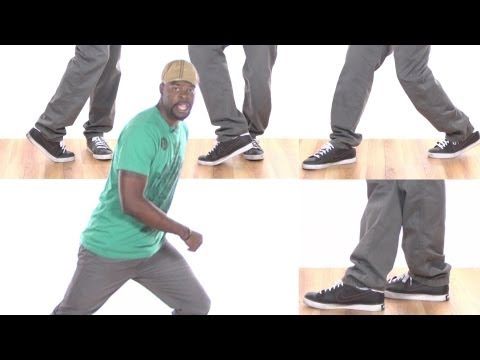
Members of the FAM Factory dance team told Sport24 about the difference between a professional team and an amateur one, how much coaches earn and how long it takes to become a good dancer from scratch.
Our team is called FAM Factory and has been around for a very long time. We regularly perform at the largest dance championships throughout Russia, we work at major events. Our choreographer, Yevgeny Kevler, is one of the top choreographers in Russia, staged dances for "Dances" on TNT, "Dance" on Channel One, and has brought up more than one generation of dancers. Our team is diverse - students, office workers, teachers and coaches, but they all have one thing in common - an unimaginable love for dancing.
View this post on Instagram
A post shared by Evgeny Kevler (@kevbrave) on
At first, technique is not so important, it comes with experience. It is worth paying attention to physical form, especially if you prefer styles that are characterized by frequent level changes or powerful energy: you may simply not have enough strength. The breather also needs to be developed: fast choreography cannot be danced to the end if the volume of the lungs is not enough.
Many dancers take up running to develop their lungs. And for the development of physical strength, functional training or crossfit are suitable - of all training, these will probably be the most useful in our business. If there is no time for this, then you need to at least minimally pump the press, do push-ups, squat. We sometimes conduct physical training classes at team training.
View this post on Instagram
A post shared by Nadia Gera 🐾 (@gerandosina) on
and year, everything is very individual here. Many schools have their own reporting concerts and parties. As a rule, at such events, students go on stage for the first time.
If we talk about more complex numbers, then it takes a month and a half to set them up with 3-4 workouts a week for 2-3 hours.
The mode of training in a serious team changes, especially if the number is complex and many dancers participate in it. A fairly common occurrence is night workouts. As you might guess, they take place at night, and, as a rule, last 5-6 hours. It's not easy, especially at first and if you have to go to work in the morning, but it's also more efficient in terms of the speed of staging the show, and the result is definitely worth it.
Championships
In the dance world, the year can be conditionally divided into two seasons - spring and autumn. All this time, championships of various levels go one after another, the most "fruitful" in this regard are April and May, as well as November and December. As a rule, all groups put on a performance a month or two in advance, but it all depends on the level of training and available time for the dancers themselves.
In general, championships are a separate and very entertaining cuisine. Dancers are constantly preparing for some kind of competition, it rarely happens that you just come and hang out aimlessly.
Everything is almost like in the movie "Step Up": the whole season is the process of preparing for the competition, and in the off-season, everyone either rests, or pumps, or shoots a video.
At dance championships there is always a division according to the level of training and age: children are separated from adults, beginners are separated from professionals. And within these categories, there is also style: hip-hop, ladies, contemporary.
View this post on Instagram
A post shared by F.A.M. FACTORY DANCE CREW (@fam_factory) on
Our favorite nomination is best dance show. The name speaks for itself: there are no style bindings here, the main thing is the idea and combination of styles. At some major competitions, the styles used in the show must be declared in advance, at some there are no restrictions, only creativity.
Now even in some championships there is a separate Show nomination, and a separate Performance nomination. In the first case, the show should have a story and plot, in the second case, it is important who dances stronger, more powerful and cooler. And there are also solos with duets, which are not limited by styles at all, only by timing. In general, there are a lot of nominations. Beginners or people unfamiliar with dancing can get confused. But as soon as you immerse yourself in this world, everything becomes clear pretty quickly.
Refereeing at championships is always represented by top dancers: sometimes Russian, sometimes foreign, but always super authoritative. The evaluation criteria, like the judges, are also different, but they look primarily at choreography, technique, synchronism and creativity. You can earn money at good status tournaments. On average, you can get about 30 thousand per team for winning such a tournament. But it is not at all necessary that there will be prize money for winning any championship: somewhere the organizers limit themselves to cups and gifts from sponsors.
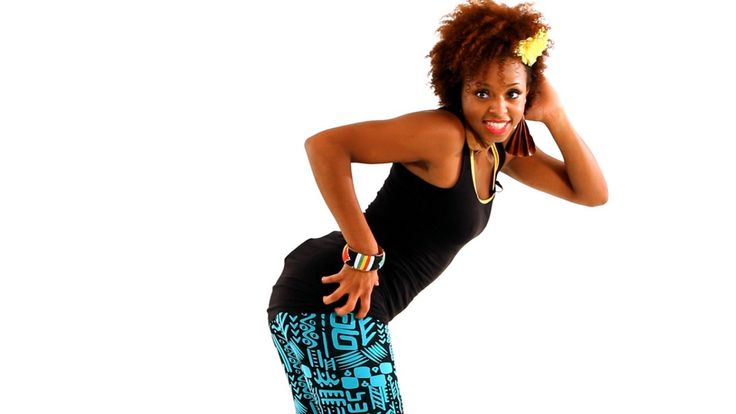
View this post on Instagram
A post shared by F.A.M. FACTORY DANCE CREW (@fam_factory) on
Nutrition
Nutrition is a matter of personal preference. Most dancers are ordinary people, so until their legs start to fall off, few people even think about nutrition and injury prevention. Many are killed in training, and few people know how to recover, they do not take care. If you don’t eat normally, you may not have enough strength for the whole season. Protein and BCAAs often help out, but in reality, for some reason, few people use them.
View this post on Instagram
A post shared by Nadia Gera 🐾 (@gerandosina) on
A: Regular exercise is usually enough to stay in shape.
Although, of course, you need to take care of yourself, but adults who have survived a couple of injuries or dancers who work in commerce are already thinking about this.
"Sneakers kill instantly"
As for clothes, this is a separate topic of conversation, which will take more than one hour. Firstly, the style of dance and what you dance in are very closely related. No one will go dancing popping in leggings or short shorts, twerk in sweatpants, too, you know, I don’t rub, like a strip in a baseball cap. Things are, of course, very important. You can't really train in Chinese sneakers. Not even because they are uncomfortable, they just fall apart in a moment. In general, if you danced at least once in shoes, then you can say goodbye to it - it only kills if you train often and for a long time. Especially for us, jazzfunkers, because a lot of techniques are combined, the foot is actively working. And it’s good for contemporary people in general: they dance barefoot in socks, and with simpler things - they put on something very wide and similar to oversized pajamas - and you are the most fashionable in the class.
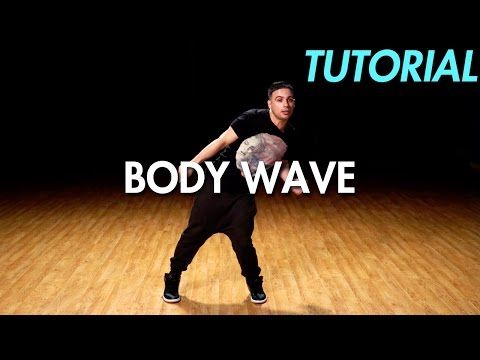
Income and expenses
As for the payment for training for teams, it is similar to amateur sports sections: in many teams, participants pay a monthly fee, which includes the rent of the hall and the work of the choreographer.
View this post on Instagram
A post shared by F.A.M. FACTORY DANCE CREW (@fam_factory) on
Is it possible to make money from dancing? Of course, there is plenty of work. First, dance schools. There are now ten of them at each metro station, a novice teacher, if desired, will quickly find a job. But if you want to get into a top school as a teacher, then you need to work hard, have a name, constantly upgrade, be socially active, shoot videos and shine at the same championships. The main thing is not to be lazy.
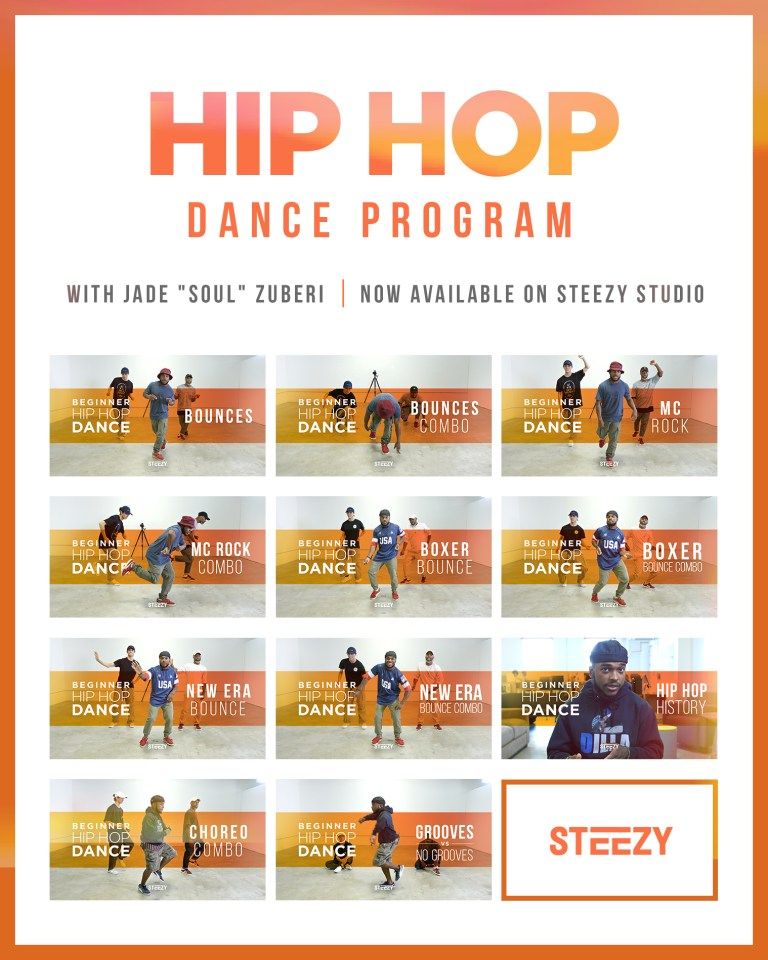
There is also such a great thing as commerce - these are corporate parties, working with stars, large events and the like. Such projects are well paid, and it is always interesting to participate in them. We somehow opened with our show a major event of stylists - Wella Trend Vision. There was so much creativity and creativity behind the scenes that we ourselves were inspired by the most do not indulge. It was very interesting to watch all this behind-the-scenes turmoil and the process of creating images.
On March 22, 2022, by a court decision, Meta, the social networks Instagram and Facebook were recognized as an extremist organization, their activities on the territory of the Russian Federation are prohibited.
where to study, salary, pros and cons
Author: Professional Guide
Updated
Dancer is a person of art who performs rhythmic movements to music, taking part in theatrical performances, shows.
The profession belongs to the type “a person is an artistic image”, it requires excellent self-discipline and, of course, talent. Children who distinguish literature, physical education, music and singing from all school subjects can become dancers. By the way, the ProfGid career guidance center has recently developed an accurate career guidance test that will tell you which professions suit you, give an opinion about your personality type and intelligence.
Professional knowledge Famous dancers Examples of companies with vacancies as a dancer Brief description
This profession has a rich history and is closely associated with the arts. However, the success of dancers by more than 50% depends on dedication, endurance, self-discipline. A specialist can work independently, performing solo choreographic numbers, it is also worth highlighting pair and collective dances. There are a lot of types and techniques of this art direction:
- ballet;
- pop and folk dance;
- historical dance and others.
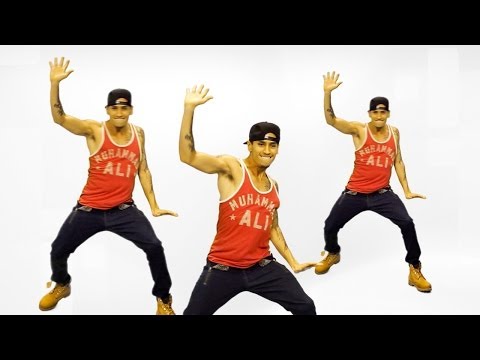
See also:
Also distinguish styles such as street jazz, hip-hop, R'n'B, contemporary dance, street dance, etc. Dancers choose the style and type of performing arts based on their physical abilities, temperament, personal preferences. On stage, they create artistic images, convey emotions, making the hearts of the audience tremble.
Features of the profession
Anyone can become a professional dancer, but it is worth starting training in childhood. Choreographers recommend giving children to dance studios at the age of 3-7 years, which will allow them to develop good posture, plasticity, stretching, a sense of rhythm and other skills necessary for professional performance. Dancers most often work in 1-2 overlapping styles, they pay special attention to training and rehearsals, maintaining excellent physical shape. A career is short, because its peak is at the age of 15-25 years, and after 30 years, most specialists change their field of activity.
They can realize their talent and knowledge in other areas, working as directors, choreographers, school teachers.
Dancers independently or under the guidance of a choreographer create performances: choice of music, sequence and rhythm of movements, costumes and image, facial expressions, plasticity. Before performing the dance, they rehearse for a long time, honing their skills. Many members of this profession often travel around their home country and go abroad to give concerts. The activity is associated with certain difficulties, which leaves an imprint on the lifestyle and character of the dancer.
Pros and cons of the profession
Pros
- Excellent physical development, because dancing strengthens the body and willpower.
- Opportunity to work on the best stages.
- Talented dancers achieve success quickly.
- The profession is interesting, active and ambitious people will like it.
- Opportunity to earn income from various sources, because dancers work alone or in pairs, can take part in private productions, star in music videos.
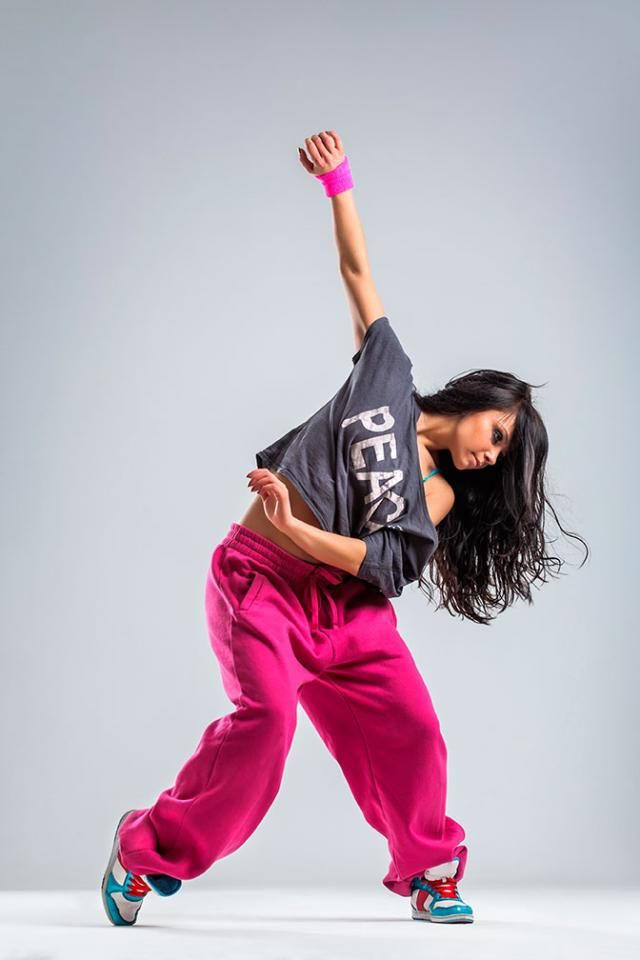
- Useful business connections in the world of art.
- The opportunity to change the field of activity, because dancers often open schools, give private lessons, work as choreographers - the choice of directions is huge.
Cons
- High injury rate.
- Serious injuries can put an end to a professional career.
- Short career period.
- Very high competition.
See also:
Important personal qualities
Dancers have excellent plasticity, but in this profession not only technical performance is important, but also emotionality. The dancers convey the idea of the performance with the help of movements, facial expressions, so they must be distinguished by well-developed artistry. Increased efficiency, resistance to physical stress and low pain threshold are very important, because rehearsals and performances often end with sprains, dislocations and other minor injuries. Only those people who do not suffer from laziness, negligence, and excessive self-confidence ascend to the pinnacle of success.
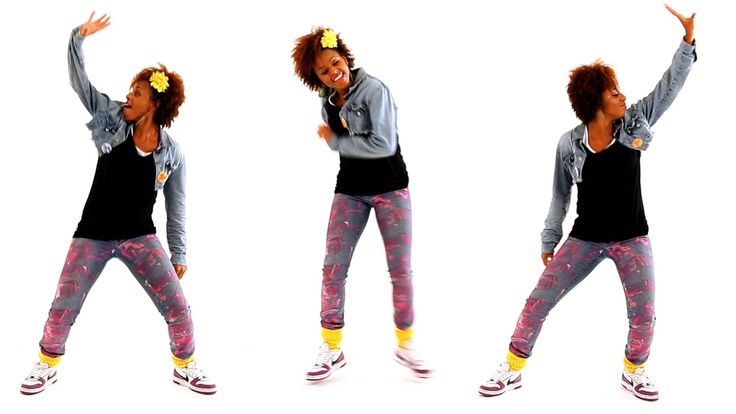
Training for a dancer
Professional education can be obtained in various institutions:
- schools and academies of choreography;
- dance studios;
- colleges;
- universities.
There are no special requirements for the education of a dancer, the level of his skill is determined during choreographic tests. It is worth starting training at a young age in order to reach a professional level. Let's consider the most interesting directions:
- "The art of dance (by type)", implemented in choreographic colleges and schools. You can start training after grades 7-9, which depends on the requirements of the college;
- The Art of Ballet. The direction of training is open in many creative colleges, studio schools, academies. Children who have completed the 4th grade of the school are invited to study.
You can also go to study at a university, choosing a specialty related to choreography, folk dance and other areas.
Primary training can be obtained in public and private schools of choreographic art, during individual lessons.
Universities
4 years
90,000 ₽/year
12 budget places
4 years
158,100 ₽/year
23 budget places
4 years
65,000 ₽/year
8 budget places
4 years
200,000 ₽/year
16 budget places
Best Primary Schools
- Dance Quarter School.
- School for children "Dancevaliya".
- State 27 Dance Studio.
Best colleges and academies for dancers
- A.
Ya. Vaganova.
- MGAH.
- MCU at the Moscow State Academic Art Theater "Gzhel".
- School-studio (school) at GAANT them. I. Moiseeva.
- KMTI them. G. P. Vishnevskaya.
Best universities
- IPCC.
- GITIS-RATI.
- MGAH.
- ARB them. A. Ya. Vaganova.
- Russian State University A. N. Kosygin.
- ISI.
- UGAI.
- SPbGUP.
- AGIIK.
- KemGIK.
Read also:
Place of work
Dancers are in demand in theaters, film industry and organization of holidays and events. They can work as teachers, find vacancies in nightclubs, private groups - there are many options for employment.
Salary
There is no exact tariff rate in this segment, because everything depends on the style in which the dancer works, personal qualities, education, reputation and experience. Dancers can receive a fixed salary or fees for each performance, lesson.
